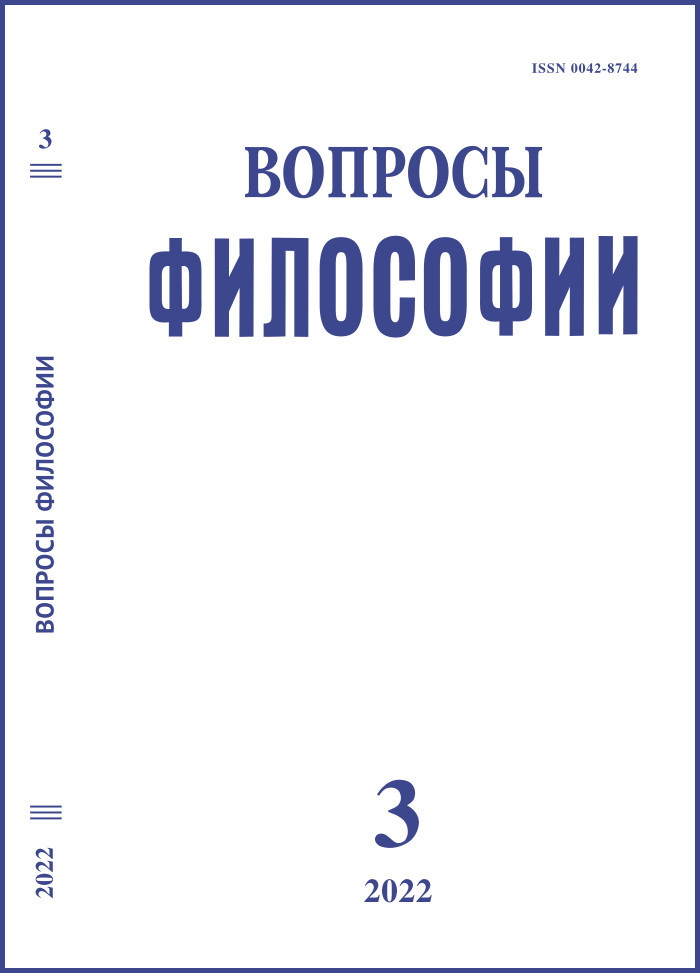The Mathematical Discipline of Thought in the Light of Heidegger’s Fundamental Ontology
DOI:
https://doi.org/10.21146/0042-8744-2022-3-122-132Keywords:
foundations of mathematics, incompleteness theorems, analysis of mathematical logic, Heidegger’s fundamental ontology, being and time, privation, complementary dialectical logic.Abstract
The key question in the mathematical discipline of thought is the question of the foundations of mathematics. To a large extent, this question boils down to the question of logic, which is guided in the construction of the architecture of mathematics (N. Bourbaki). Most mathematicians, with the exception of intuitionists, rely in their work on classical, extensional, logic, expressed through mathematical terminology. Here is the construction of axiomatic systems, and methods of their formalization, and metamathematics. Since this approach to the foundations of mathematics reveals the incompleteness of any mathematical system, including in itself, at least, elementary arithmetic, then this leads to the conclusion (K. Gödel) that the logic used in mathematics is insufficient to claim to substantiate the mathematical discipline of thought as such. The article shows that this deficiency can be filled when creating a complementary dialectical logic, the central operation of which is the operation of dialectical negation, called privation. Privation is borrowed from the fundamental ontology of Martin Heidegger, together with its inherent images of Being and Nothing.
Downloads
Published
Versions
- 2025-02-06 (2)
- 2022-03-31 (1)

